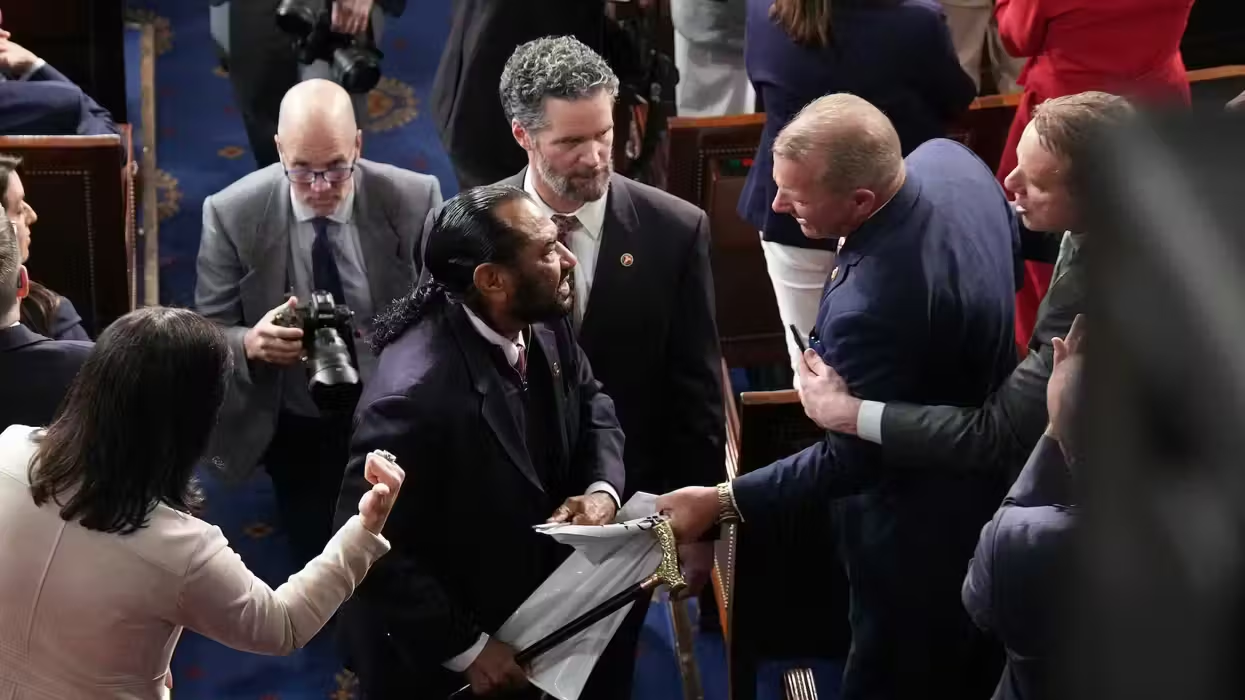Americans are starkly divided over whether wedding-related businesses should be forced to serve gay and lesbian clients, according to new survey results from the Pew Research Center.
When asked whether businesses should be permitted to refuse matrimonial service based on "religious reasons," 47 percent of respondents agreed that they should, while 49 percent said owners should be required to serve gay couples; four percent didn't know which side to take.
The study, which measures numerous facets pertaining to faith in American life, also found that the vast majority of respondents (72 percent) believe that religion is losing its influence in American society.
But most aren't happy with this change, with 56 percent of the nation calling it a negative development.
 Pew Research Center
Pew Research Center
Another surprising fact — perhaps a reaction to the widely-held belief that the influence of religion is on the decline — is the notion that a growing proportion of Americans want to see faith play a bigger role in politics.
While 41 percent of respondents said that there is "too little" expression of faith and prayer from political leaders (up from 37 percent in 2010), 49 percent say that churches and houses of worship should express views on social and political issues (up from 43 percent in 2010).
Additionally, while the majority (63 percent) still oppose churches endorsing candidates, 32 percent of respondents now believe that houses of worship should back candidates, which is up from 24 percent in 2010.
Read the results here.

 Pew Research Center
Pew Research Center






